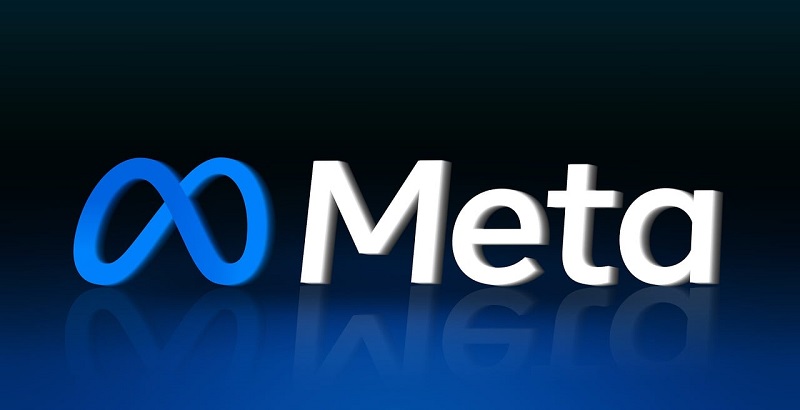Yann LeCun, the Chief Scientist for Meta, the company formerly known as Facebook, has stated that the technology behind generative AI, which powers platforms like ChatGPT, has already hit a dead end. Speaking at a Meta launch event in Paris, LeCun explained that while machines lack common sense, humans possess it, highlighting the limitations of current AI and machine learning technologies. In response to this, Meta has announced its latest AI project, the image-based Joint Embedding Predictive Architecture (JEPA), which aims to give machines the ability to conceptualize abstract ideas and move beyond generative AI.
JEPA is a project that aims to enhance the current AI and machine learning technologies by providing them with advanced conceptualization abilities. This will enable them to go beyond simply reproducing what is available online, as is currently the case with generative AI. According to LeCun, generative models are no longer the future, and it is now time to embrace new technologies such as JEPA, which will improve machines’ ability to comprehend abstract ideas and concepts.
The goal of JEPA: Moving beyond generative AI
JEPA is focused on improving the way machines conceptualize and understand abstract concepts. This opens up new avenues for AI and machine learning, far beyond the current state of generative AI, which relies heavily on already existing data. With JEPA, machines will be able to conceptualize abstract ideas that have not been previously defined, allowing them to move beyond existing datasets and develop more groundbreaking and innovative solutions.
LeCun’s Criticism of Generative Models and His Endorsement of JEPA
LeCun has openly criticized generative AI models, pointing out that they are limited in their ability to conceptualize abstract ideas and lack the common sense that humans possess. He says that JEPG is the way forward for AI and machine learning, explaining that it has the potential to unlock the full potential of these technologies by giving machines the ability to understand complex concepts more effectively.
The Exaggeration of Fears and Excitement Surrounding Generative AI
LeCun’s comments come amid growing concern about the potential misuse of AI and machine learning, particularly generative AI. However, he believes that the excitement and fears surrounding this technology are greatly exaggerated as generative AI is limited in its current form and lacks the ability to conceptualize abstract ideas.
JEPA’s open-source nature and availability for researchers
Mark Zuckerberg, Meta’s CEO, stated that JEPA would be open source, meaning that it will be available for researchers to tinker with. This move is a significant step for the AI industry, as it opens up possibilities for collaboration and innovation that were previously impossible. By making JEPA open source, Meta is promoting transparency within the AI industry and providing researchers with more opportunities to develop new AI models.
Meta’s goal of developing AI that reflects human understanding of the world
Meta’s main goal is to develop AI that more closely reflects how humans understand the world around us. This means that machines will be able to conceptualize abstract ideas and learn from human interaction, providing them with a deeper understanding of the world and how it works.
Meta’s Approach to ChatGPT-Style AI for Facebook and Instagram
Meta has taken a more discreet approach to ChatGPT-style AI for its social media platforms, Facebook and Instagram. This has led to the development of AI models that require less computing power than the technology that powers ChatGPT, making them more accessible and easier to use.
Meta Releases Open-Source AI Models Requiring Less Computing Power
In addition to JEPA, Meta has released open-source AI models that require less computing power than ChatGPT. This move is aimed at making AI more accessible and increasing collaboration within the industry. With this approach, Meta is promoting the development of AI technologies that are more transparent, easy to use, and efficient.
In conclusion, the development of JEPA is a significant step in the evolution of AI and machine learning, providing the industry with advanced conceptualization abilities and offering a viable alternative to generative AI. Meta’s open-source approach to AI development and its focus on developing technologies that reflect human understanding of the world are exciting developments that could pave the way for more groundbreaking innovations in the field of AI and machine learning.

